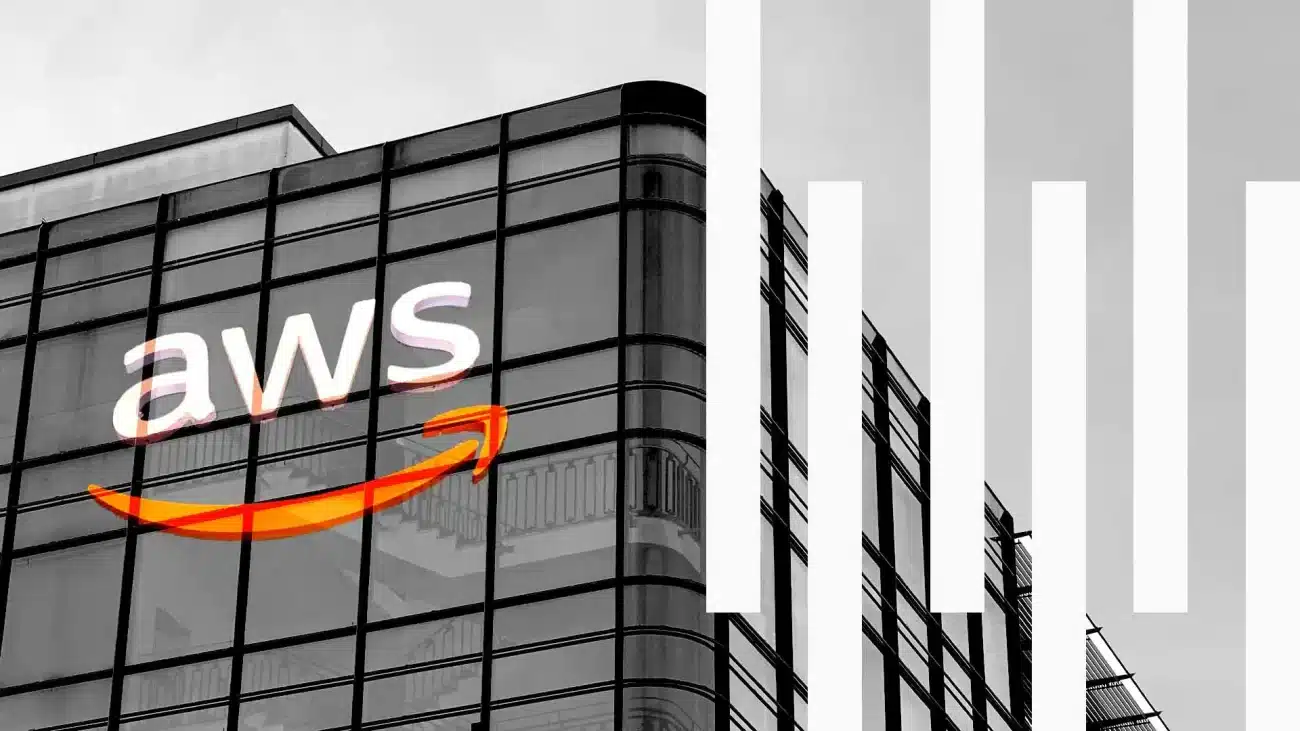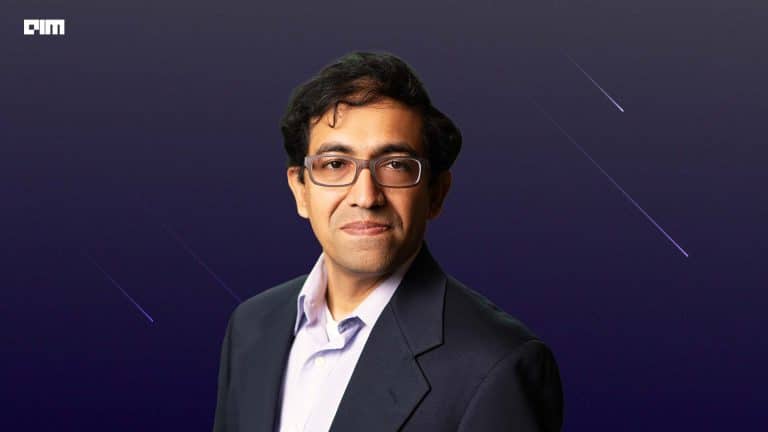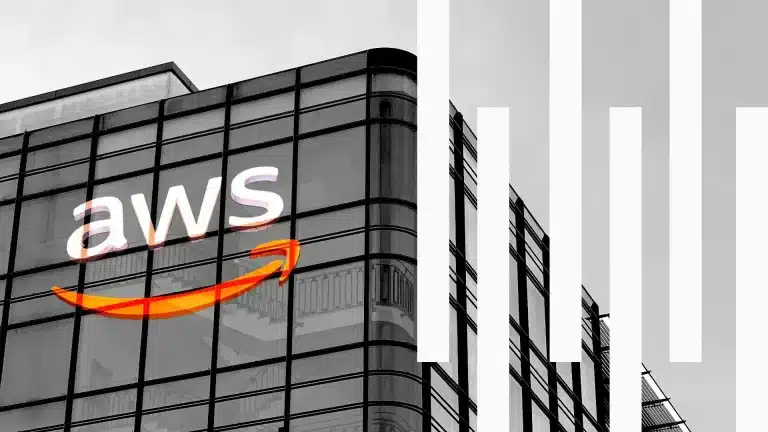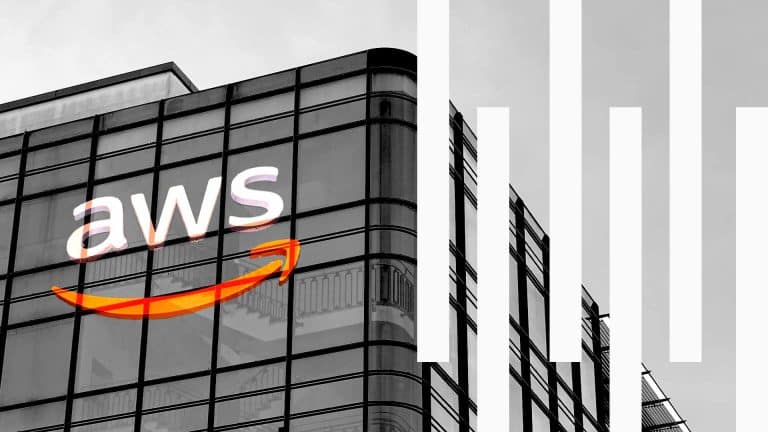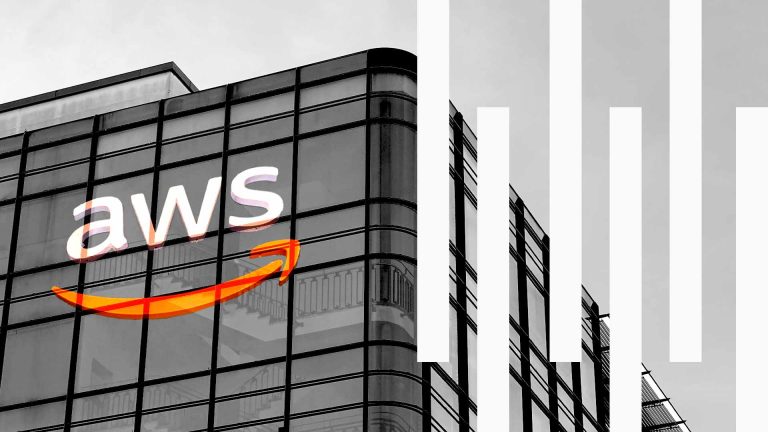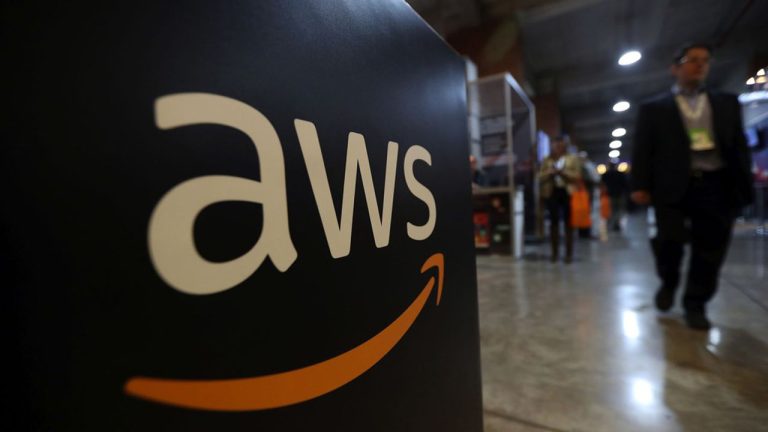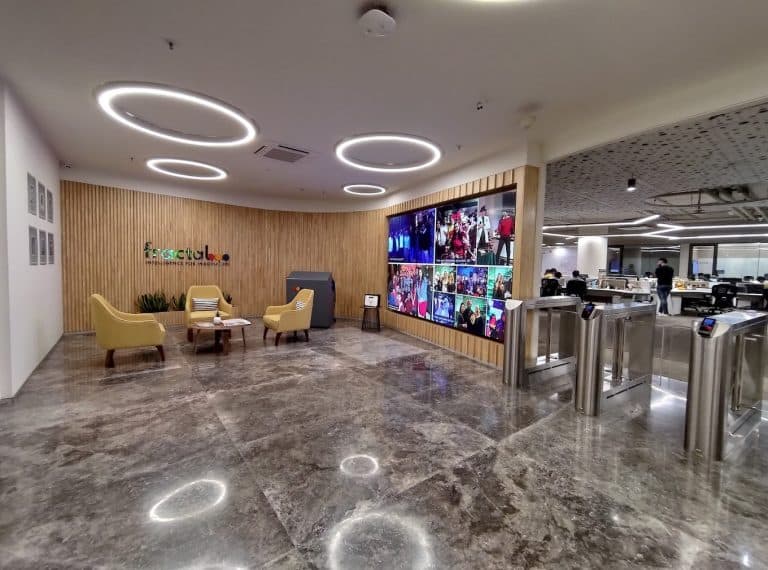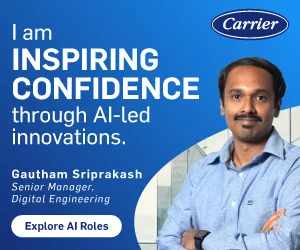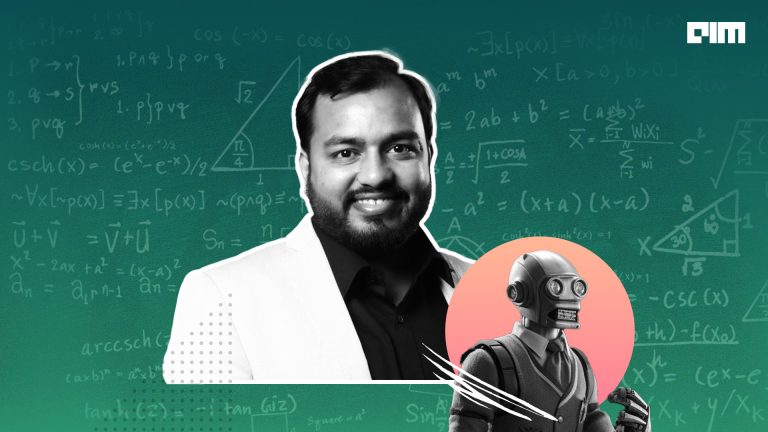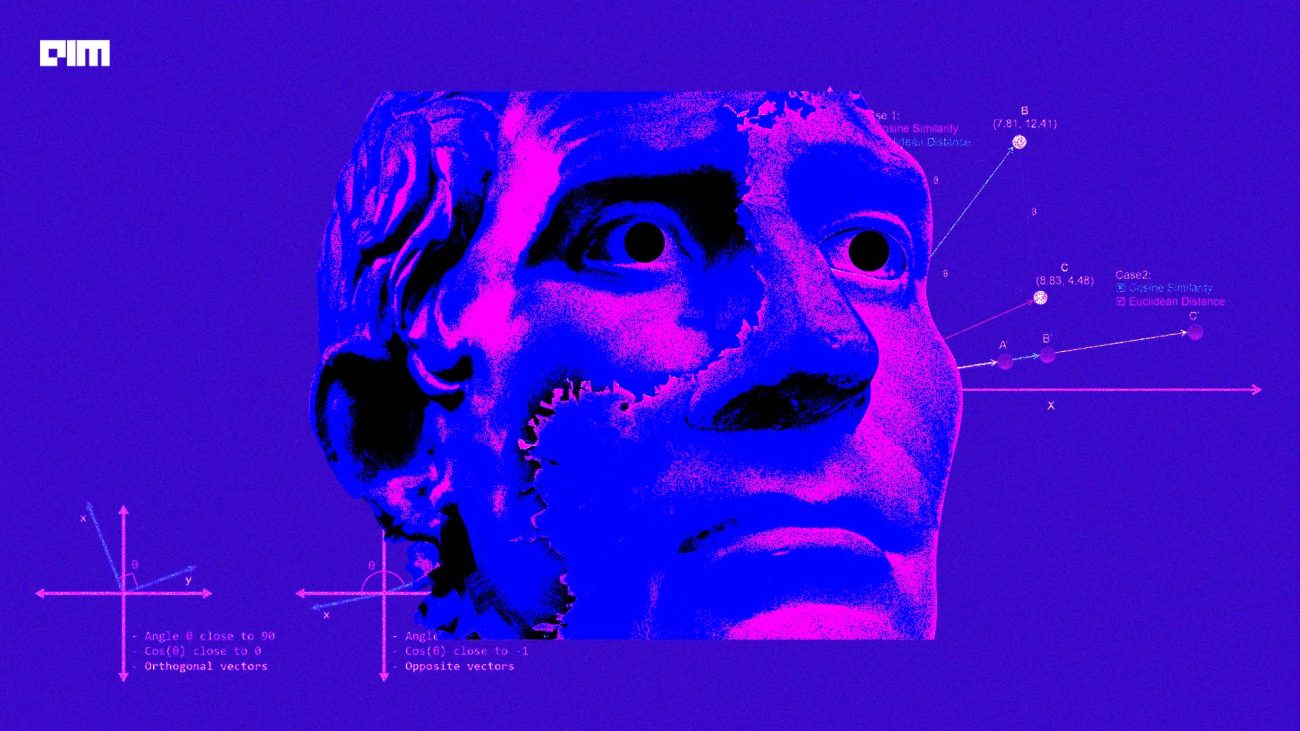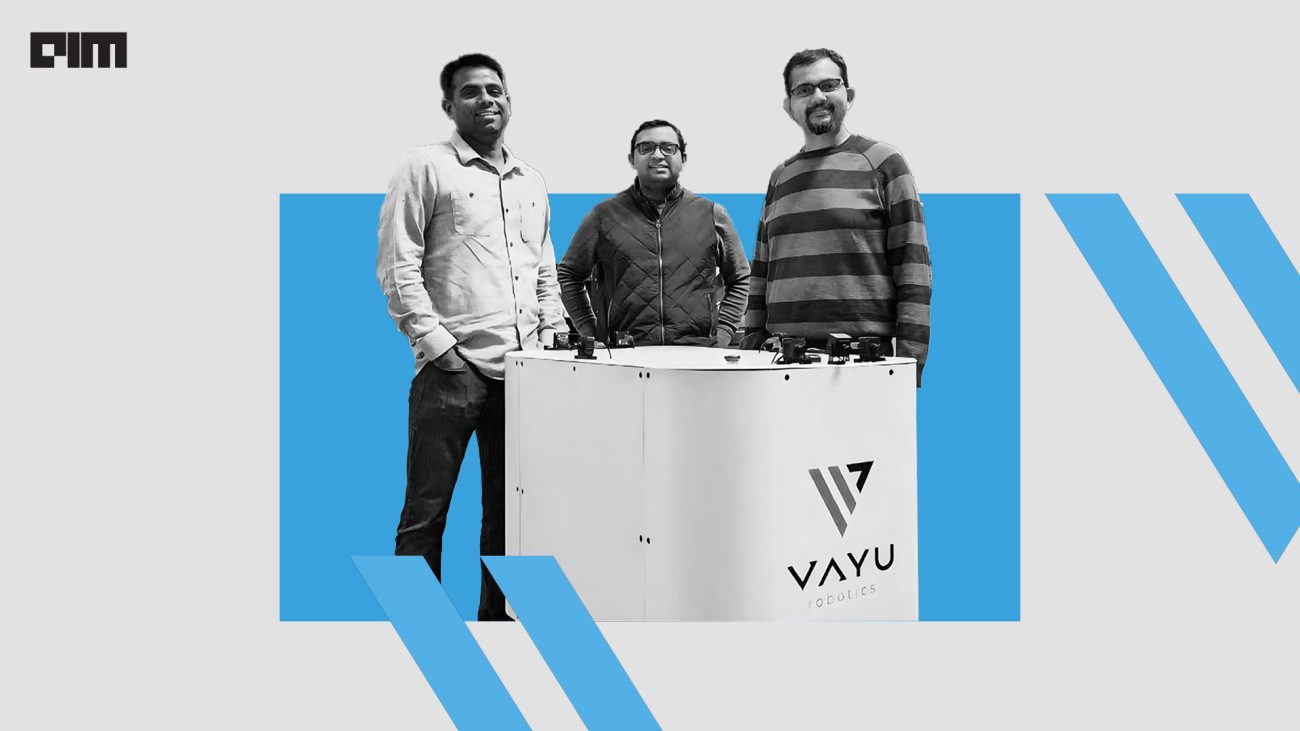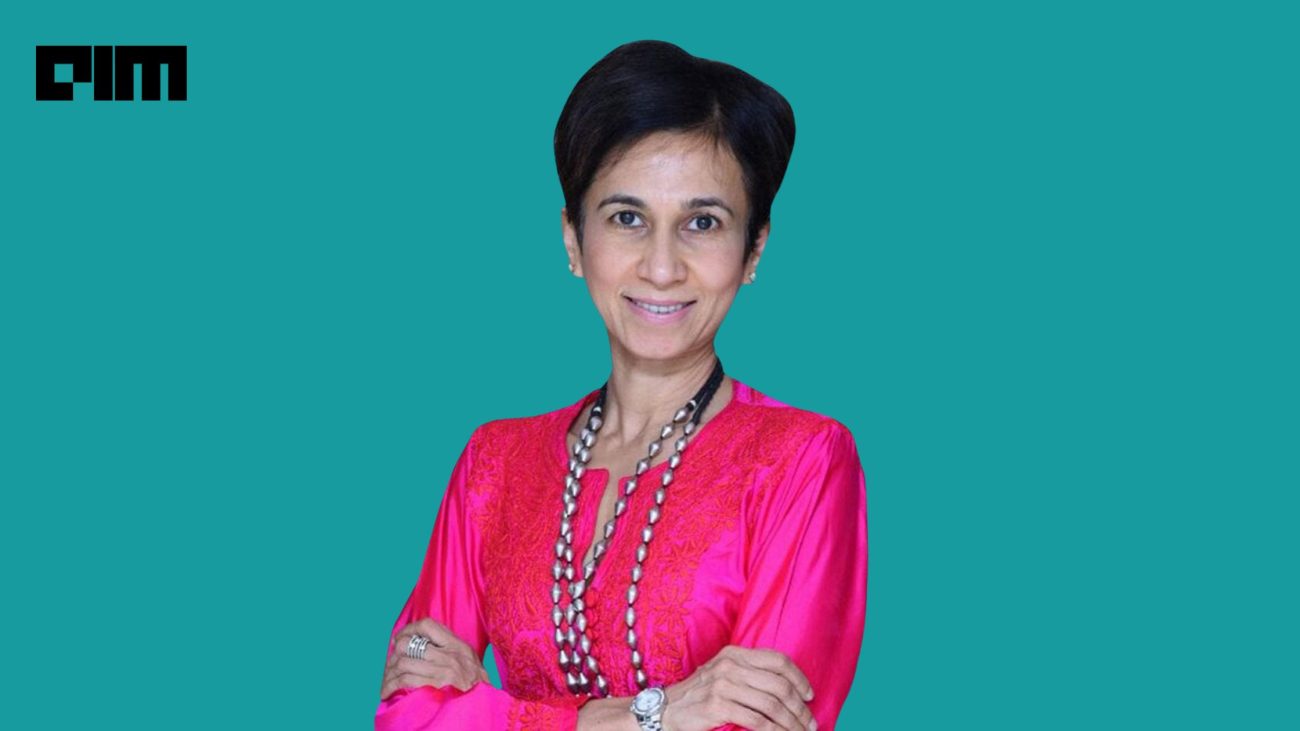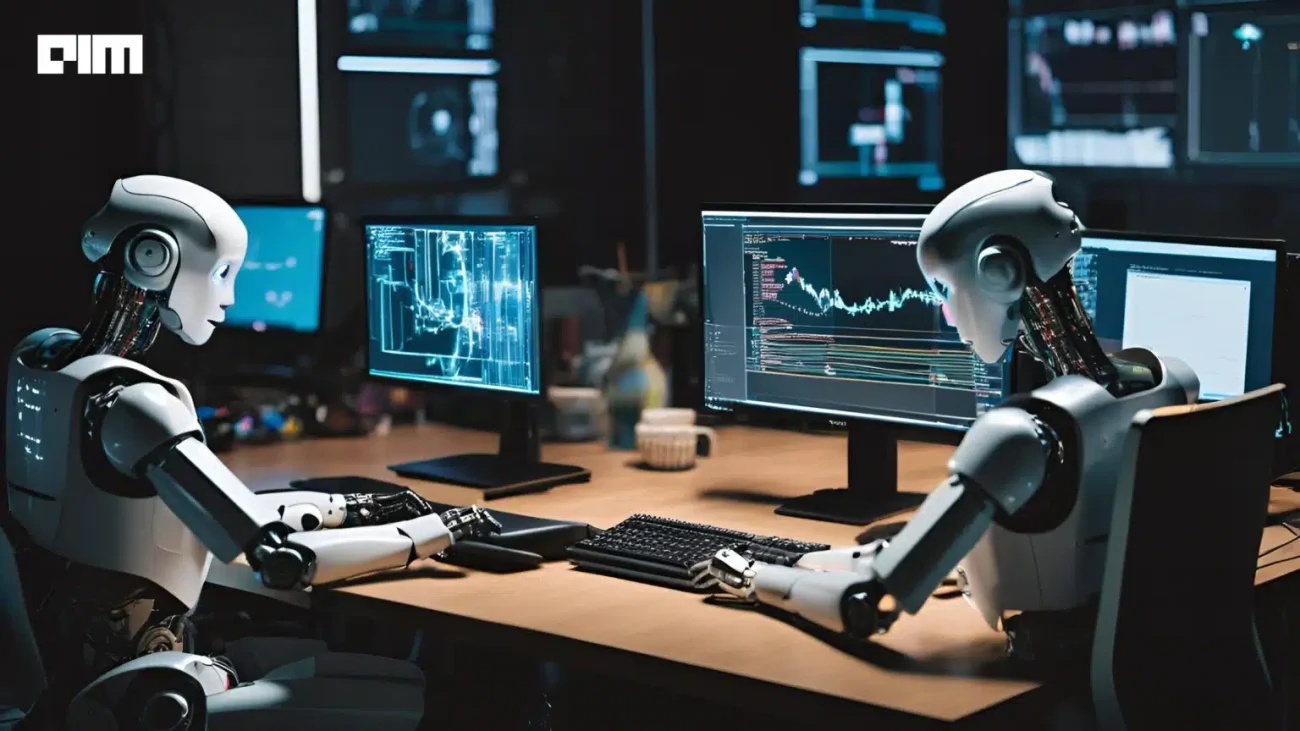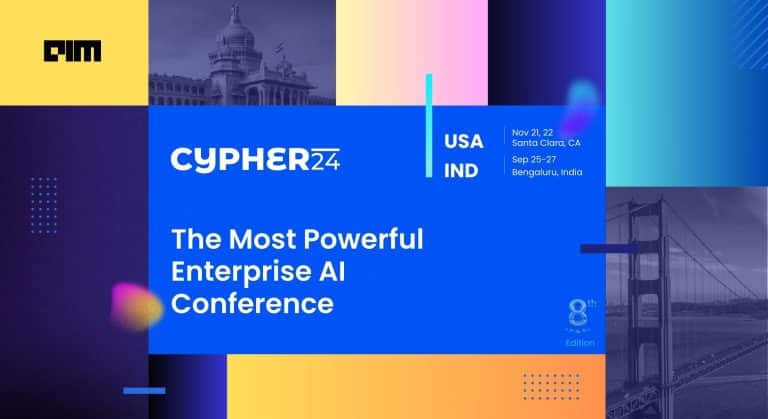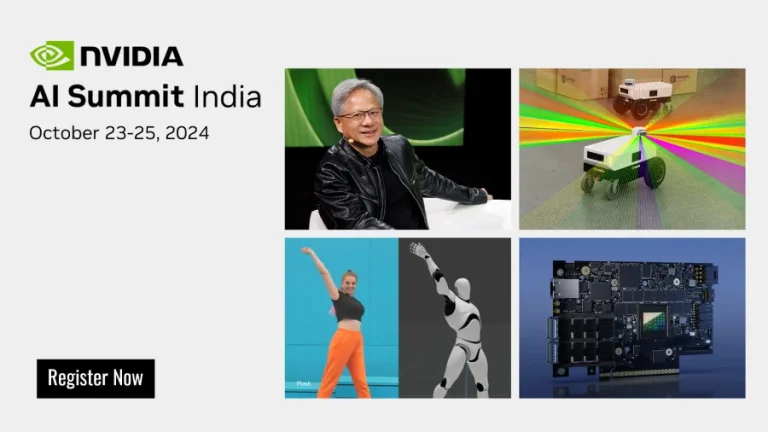A new study commissioned by Amazon Web Services (AWS) and completed by Accenture found that utilizing AWS data centres for compute-heavy, or AI workloads yields a 98% reduction in carbon emissions compared to on-premises data centres.
The study found that an effective way to minimise the environmental footprint of leveraging Artificial Intelligence is by moving IT workloads from on-premises infrastructure to cloud data centres in India and around the globe.
Accenture estimates that AWS’s global infrastructure is up to 4.1 times more efficient than on-premises. For Indian organisations, the total potential carbon reduction opportunity for AI workloads optimised on AWS is up to 99% compared to on-premises data centres.
This is credited to AWS’s utilisation of more efficient hardware (32%), improvements in power and cooling efficiency (35%), and additional carbon-free energy procurement (31%).
Further optimising on AWS by leveraging purpose-built silicon can increase the total carbon reduction potential of AI workloads to up to 99% for Indian organisations that migrate to and optimise on AWS.
“Considering 85% of global IT spend by organisations remains on-premises, a carbon reduction of up to 99% for AI workloads optimised on AWS in India is a meaningful sustainability opportunity for Indian organisations, according to Jenna Leiner, Head of Environment Social Governance (ESG) and External Engagement, AWS Global.
“As India accelerates towards its US$1 trillion-dollar digital opportunity and encourages investments into digital infrastructure, sustainability innovations and minimising IT related carbon emissions will be critical in also helping India meet its net-zero emissions by 2070 goal.
This is particularly important given the rising adoption of AI. AWS is constantly innovating for sustainability across our data centres —optimising our data centre design, investing in purpose-built chips, and innovating with new cooling technologies – so that we continuously increase energy efficiency to serve customer compute demands,” Leiner said.



